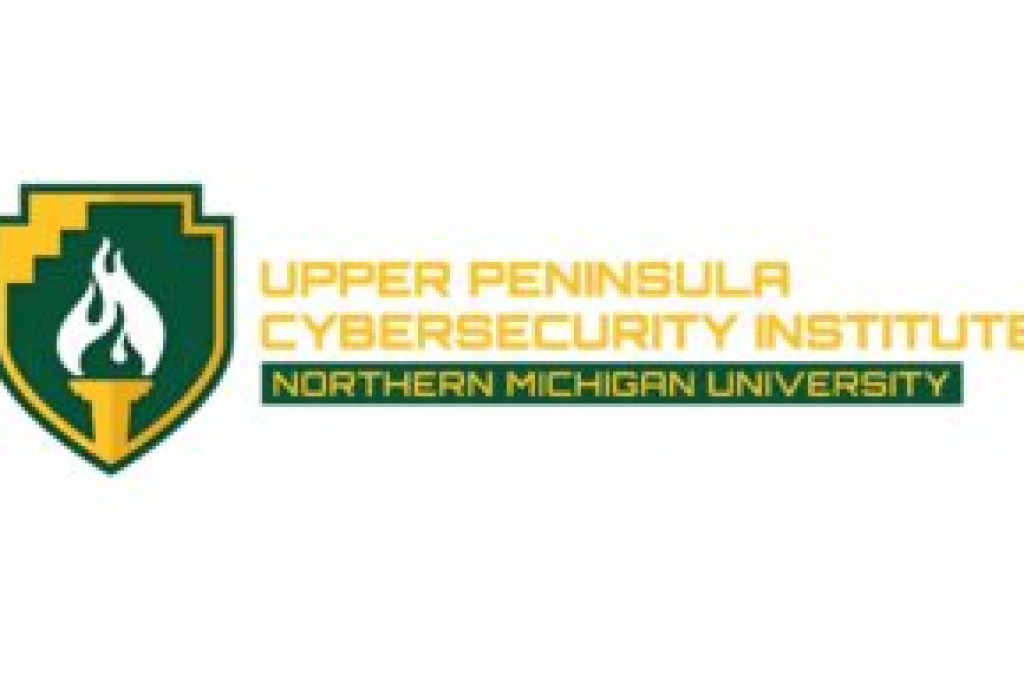
NMU’s UPCI Partners with Criminal Justice February 2, 2021
Northern Michigan University’s Upper Peninsula Cybersecurity Institute and criminal justice department are partnering to offer an on-campus digital forensics class this semester. Students enrolled in the course are learning a detailed, methodological approach to forensics and evidence analysis related to computers and other devices.
The course includes the skillset for identifying an intruder’s access, gathering evidence for prosecution and creating an improved cyber defense.
“It is estimated that the average American possesses eight connected internet devices,” said adjunct instructor Jeffrey Martin, who is teaching the course. “In addition to our phones tethered to us, we are now adding connected fitness trackers, refrigerators, home security systems, automobiles, Alexas and even clothing. All of these devices track a significant amount of digital data while employed. This data can be forensically acquired and examined to help determine events, locations and communications, which can aid in solving almost any crime where a digital device was not only used, but just present.”
The class includes all the material from the globally recognized EC-Council’s Computer Hacking Forensic Investigator (CFHI) training program. Students who complete the NMU class may take the CFHI certification exam at no cost. Many private-sector employers and public agencies, such as the Michigan State Police, recognize this credential when hiring forensic investigators.
Doug Miller, director of NMU’s U.P. Cybersecurity Institute (UPCI), said entry-level cyber security positions call for a combination of academic knowledge backed up by industry-recognized certifications and experience.
“The certifications we are able to offer at the UPCI through our academic partnerships with the Cisco Networking Academy, CompTIA and EC-Council are the certifications most in demand by industry,” he said. “The cybersecurity field is constantly evolving at a very rapid pace. New threats emerge on an almost daily basis. The UPCI is set up and designed to adapt quickly and incorporate these new threats and defense information into the curriculum.”
Martin said utilizing the UPCI’s partnerships with industry leaders can help NMU students not only earn college credit toward their degrees, but also obtain training from industry experts, often resulting in certifications in the field.
“This can be extremely beneficial to not only a student pursuing a degree, but also former students who wish to enhance their education and career marketability,” Martin said. “Ultimately providing cybercrime practices and digital forensics training to criminal justice students is extremely beneficial. There exist very few investigations in our ‘connected’ world that don’t have a digital evidence piece to the puzzle.”
Miller said that in addition to working with NMU’s criminal justice department, the UPCI is also working with NMU’s military science department by conducting at least one dedicated cyber lab each semester for Army ROTC cadets.
“We are looking at how to help incorporate more cybersecurity concepts into their larger field training exercises,” said Miller. “We hope to expand these initial partnerships with other courses across the NMU campus.”
Learn more about the UPCI here and NMU’s criminal justice department here.
The post NMU’s UPCI Partners with Criminal Justice February 2, 2021 first appeared on Broadcast-everywhere.net.

Comments (0)